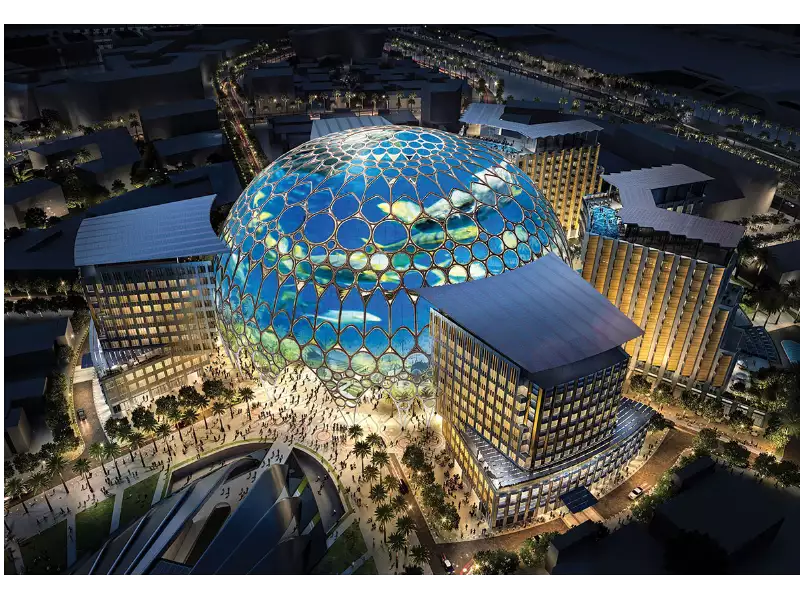Global Smart Cities Market size is expected to grow by 48% in the upcoming 5 years. This is due to many reasons but the biggest catalyst driving this growth are countries collaboratively working to curb the rising global warming concerns and climate change threats. Challenges that have left nations in an undeniable need to implement SMART initiatives through national strategies to ensure combined and honest efforts calling for lower carbon footprint worldwide.
Qatar is no stranger to this movement, with a population of 2.9 million thriving on an area of 11,571 km², the state is rich in economy, sun, energy and sports. Nevertheless, this prosperity comes with a hefty price that entails increased car use, extensive irrigation requirements and heavy electricity use, eventually causing higher carbon emission reaching to 37.29 metric tons per capita compared to a global average is 7 tons per person yearly, that is 5 times more pollution than global average.
Pretty concerning when thinking of our youth health and future, but on the upside of things, Qatar is sparing no effort in taking serious strides towards curbing their carbon emission and sustaining a healthy and smart environment for their growing population. They have put a national vision in place whereby digital transformation is at the core of their plans and the main catalyst for realizing their comprehensive growth plan.
With this purpose in mind, Qatar has partnered with tech giants to bring in smart technologies such as AI, IoT, sensors and data sharing systems to help attain the desired future and create a smart connected nation full of possibilities for generations to come.
One of these giants who is playing an unprecedented role in realizing the future of smart cities is Siemens. After their successful partnership with Expo 2020 Dubai, Siemens has demonstrated their power to actively deliver the blueprint of future smart cities by connecting the infrastructure in the Dubai expo zone (28,000 sqm almost the size of 800 football fields) and creating a healthy environment with clean air quality, minimum waste, and less carbon emission.
How did they do that?
Through connecting things like water reserves, plant irrigation systems, and lights to the internet. Siemens has opted real time data to be shared and stored in their Mind Sphere IoT cloud, allowing data to be perceived, and analyzed in real-time giving expo team useful indicators that would seamlessly keep them up to date with vital information needed to predict future needs. Thus, keeping the expo’s air quality, irrigation, and lighting requirements in check, consequently, limiting the waste of energy and prompting lowers carbon footprint. The expo visitors had a sense of a clean and a connected future.
Now imagine that Qatar’s partnership with Siemens takes on a bigger scale to have Siemens’s Smart Cities Blueprint shape the connectivity of its capital Doha and other cities nationally. The possibilities are endless, and a clean, green future becomes inevitable, raising Qatar’s position in smart nations indices globally and giving its’ communities a healthy habitat to enjoy.
